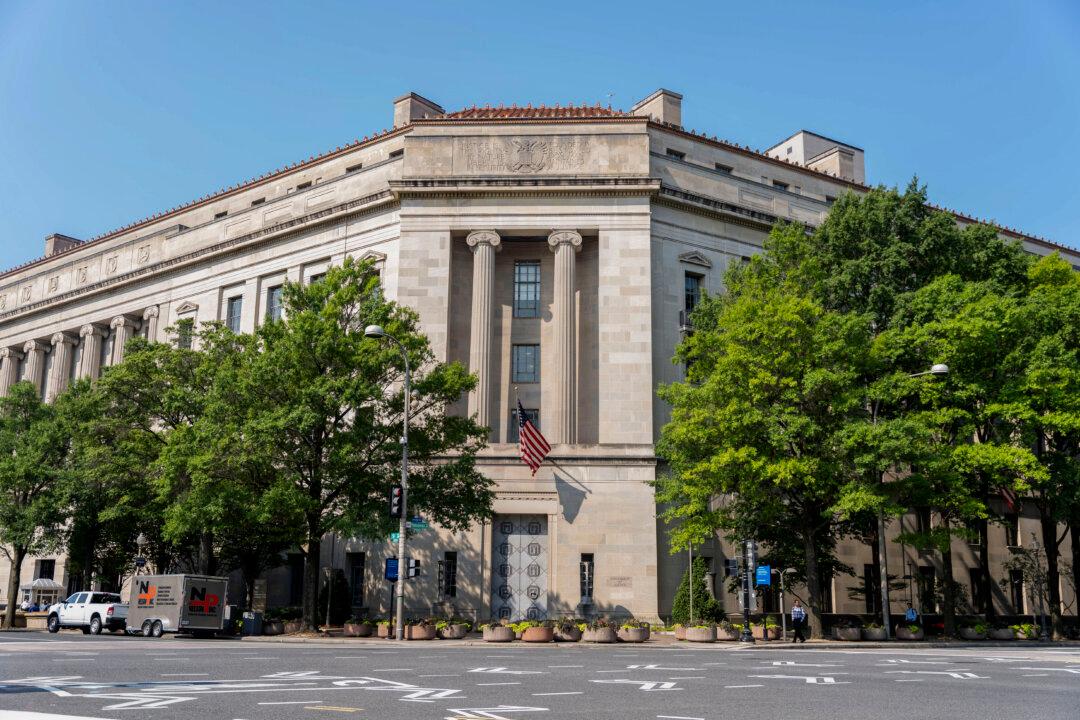The Biden administration has mounted a legal challenge to a Texas judge’s ruling that Congress unconstitutionally passed a $1.7 trillion omnibus funding bill in 2022 because lawmakers cast votes without being physically present, relying on a COVID-19 pandemic-era proxy voting rule.
In an appeal filed at the New Orleans-based Fifth Circuit Court of Appeals on Aug. 9, the Department of Justice (DOJ) argued that a Texas district court erred in finding that the Consolidated Appropriations Act of 2023 was not duly enacted because it passed in violation of the U.S. Constitution’s quorum clause.





